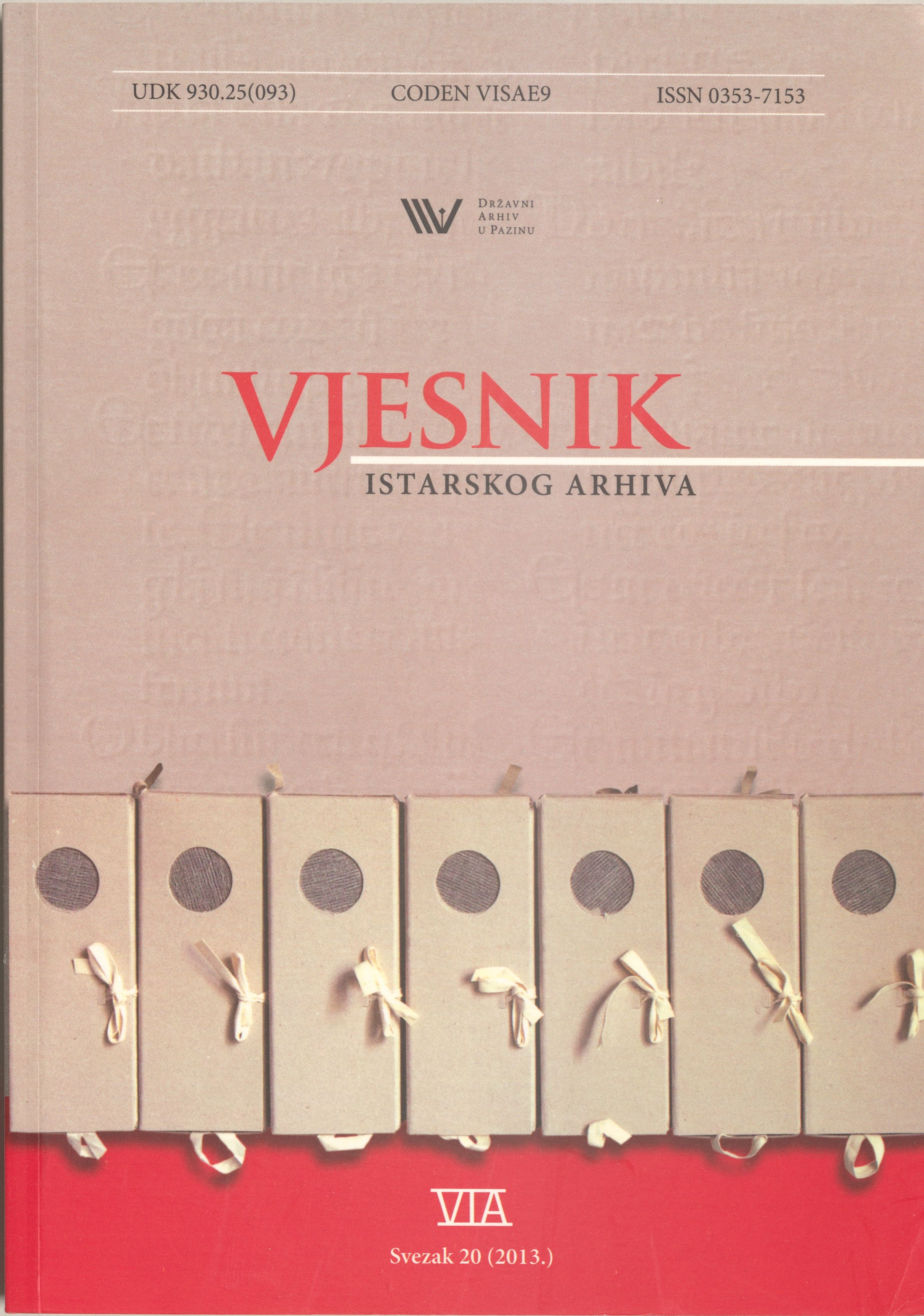Ambigue descrizioni: feste devozionali e feste di precetto nell’inchiesta veneziana di fine Settecento
Keywords:
cult of saints, religious feasts, customs, popular religiosity, legal anthropology, religious devotion, Venice, Terraferma (Dry Land), IstriaAbstract
In 1772 the Venetian Senate intervened by passing a law to limit the exorbitant number of religious feasts that were happening in many places throughout the dominio da terra (the mainland) and Istria. This measure was mainly intended to facilitate the development of economic activities, agriculture in particular, throughout the state. To that aim the supreme Venetian body designated its own representatives to collect information pertinent to each of their jurisdictions. A few years later the enquiry resulted in a collection of data which was submitted to the attention of the consultori in iure (legal advisers) whose opinions should have signalled both the vastness and the characteristics of the phenomenon as well as possible measures to be taken in order to sanction a proper reform of religious feasts. In 1775 the Senate decided to ban all midweek feasts which had not been proclaimed an ecclesiastical obligation. This was a prudent measure as it intentionally did not tackle the delicate matter of holy days of obligation, which were under the direct ecclesiastical authority. Eventually, not earlier than in 1787, there was a further intervention by the Senate which decreed that even the latter ones were to be drastically reduced. The major Venetian enquiry during the 1770s and 1780’, similarly to the events in other European countries, reveals a different perception of the dominant classes towards a culture and a popular religiosity that had been abundantly shared by all social classes in the previous centuries. Information collected in the 1770s is above all interesting as it formed a true and detailed ethnographic research of religious feasts, rich in descriptions pertinent to the cult of saints and the spreading of religious feasts on the mainland and in Istria. Entrusted to a preliminary enquiry by parish priests, these descriptions, far from being uniform and provided with precision required by the Venetian Senate, offer a colourful frame of popular religiosity and of the difficulties, bordering on impossibility, of tracing a homogeneous framework of the world of customs which, with its cultural traits, still intensely pervaded religious life of subject populations. The title Ambiguous Descriptions reflects therefore the fact that the information collected by parish priests could hardly provide an adequate answer to the questions formulated by an act which built on a prospective that was decisively foreign to the world of customs and its numerous aspects.
Downloads
Published
Issue
Section
License

This work is licensed under a Creative Commons Attribution-NonCommercial 4.0 International License.

